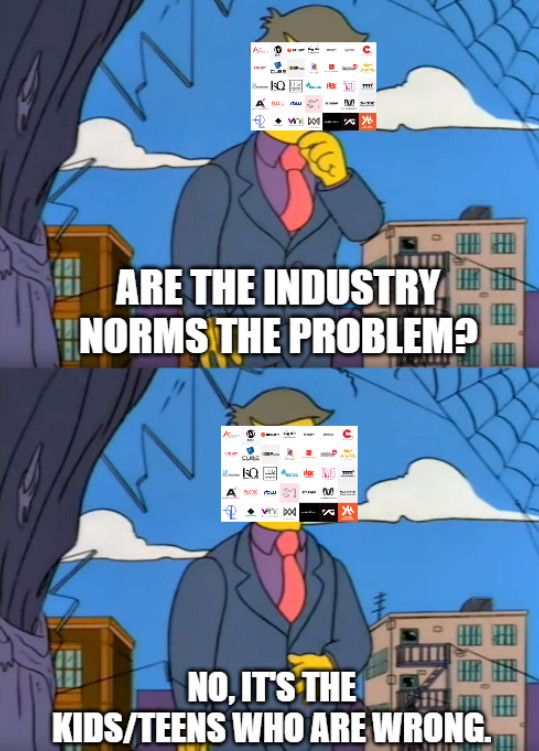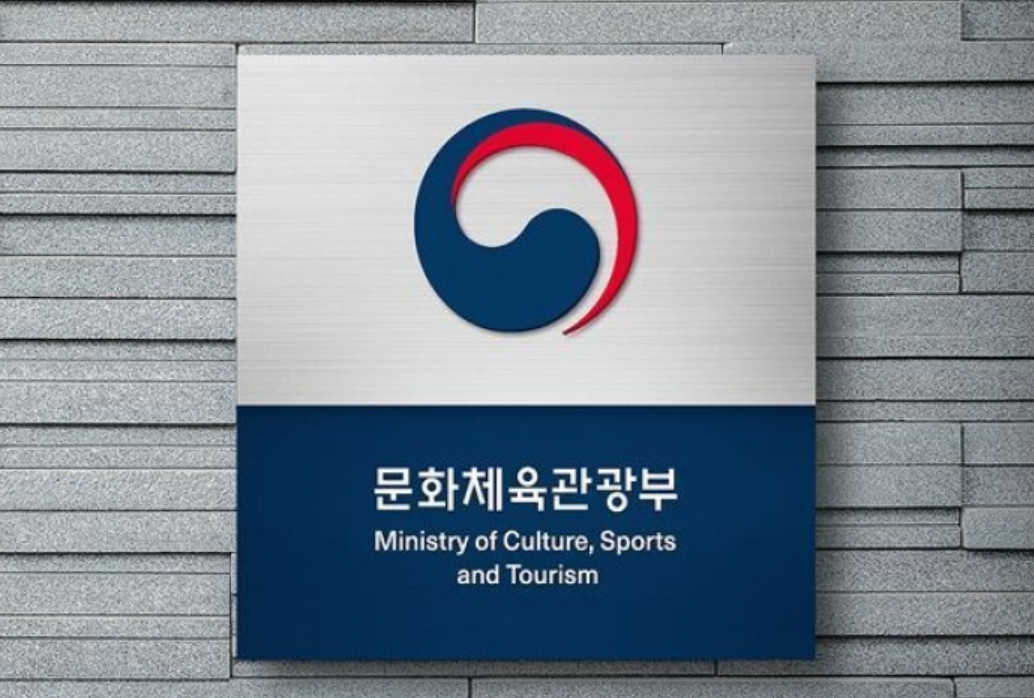As I’ve previously alluded to, the ongoing FIFTY FIFTY contract dispute and the now relitigation of the OMEGA X abuse case seem to be less and less about those two groups nowadays and more and more about companies trying to use those stories to push agendas against labor (idols/entertainers) overall.
Well, going with that overall theme, it emerged late last month that there was a push during the National Assembly committee for the Ministry Of Culture Sports And Tourism (MCST) to revise the standard entertainment contract in order to ensure fairness, which sounds great until you realize they are talking about the poor companies being taken advantage of by the said contracts.
——
The premise, essentially, is this:
and it reflected the harsh environment of the entertainment industry but in recent years, as the kpop industry has grown, generating trillions of dollars in revenue, artists are no longer the underdogs they once were.
— TMIKpop (@tmikpop) August 30, 2023
A rep from the ruling People Power Party called for the MCST to investigate tampering within the entertainment industry and to find a solution, saying that each celeb is a valuable asset for smaller and medium agencies.
The Korea Entertainment Management Association (KEMA) and the Korea Entertainment Producers Association (KEPA) have been vocal about the tampering issue in particular, and a rep for KEMA spoke at the committee meeting. He compared the tampering to foreign countries stealing Korea’s semiconductor info (appeal to nationalism, whee), advocating for changes to the standard contract because there’s no clauses to prevent that. The rep goes on to say that the standard contract was enacted in order to prevent slave contracts, so there’s obligations for the company but not for idols, however now even if a problem arises with the entertainer then the companies are forced to defend idols due to their investment (since most costs are charged to the idol as debt, is that not one of the few things they exist for?).
In response to these calls, a Korea Creative Content Agency (KOCCA) rep said they will be investigating the “controversial” standard contract issue, while the MCST said they will review if there is any problem within the industry, including considering revising the standard contract.
——
So yeah, there you have it, government associations are going to bat for companies and against idols under the guise of concern over tampering. Of course, most who have followed K-pop for any amount of time eventually conclude there’s an almost laughable lack of safeguards in the industry for idols, so Korean associations painting companies as the victims of idols in all this becomes all the more absurd. Things like lamenting growing artist power due to the amount of money in K-pop now is particularly ridiculous, as it leaves out the reality that the bulk of that money goes to the companies and executives instead of artists or managers or other workers. They’re acting as if they are getting screwed while simultaneously bragging about their profits despite any corporate shenanigans (*Cough*). It’s especially amusing for associations to play this card when we just recently found out it was apparently legal for SM Entertainment to basically have contracts of over 10 years under the current system. Yeah, for sure it seems like companies are getting screwed here, man.
While I’m not saying it’s a conspiracy that they were handed two cases they could make a mess with — arguably three, as they likely are pissed about that as well but won’t go there due to public sentiment — they certainly aren’t going to miss their chance to strip even more freedoms from entertainers.
======
Anyway, on a completely unrelated note, the Lee Seung Gi Bill that would hold companies more responsible for transparency with artists wasn’t brought up at the National Assembly, even though it will be voted on. We know five Korean entertainment agencies already lodged protests against it, so the timing of all this is pretty interesting as it certainly seems like a political power struggle more than anything else.
Additionally, it was recently revealed that the Korean Content Promotion Association’s (KCPA) Fair Play Center, a psychological counseling project for celebs and trainees, is facing budget cuts at a time where they’re being used more and more.
A whopping rise from 902 sessions to 2,612 within just last year and the number of participants soaring from 176 to 661 underscores the urgent demand for such support. However, in a concerning turn of events, the budget allocated for this essential service has been drastically reduced this year. From ₩500 million KRW (about $374,000 USD) in 2022, it’s down to a mere ₩290 million KRW (about $217,000 USD) for this year. By the end of July, the number of participants had already exceeded the annual limit, highlighting a concerning disparity between the need and the resources available.
Priorities, priorities, I guess. And the priority is certainly not the kids with dreams fed into the industry machine.

 Asian Junkie Asian pop. Without discretion.
Asian Junkie Asian pop. Without discretion.
